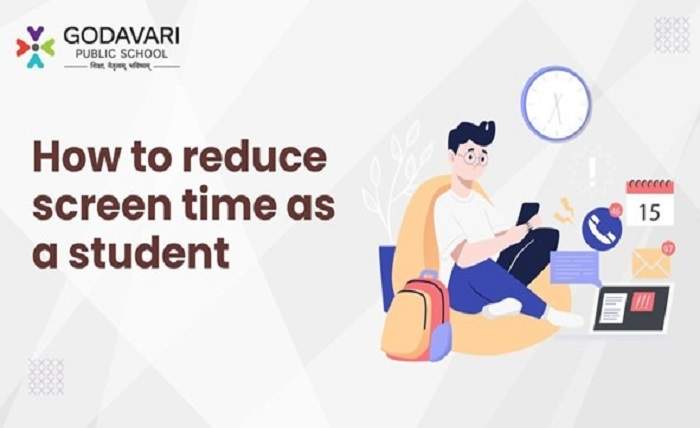
Okay, here’s the truth: most of us spend way too much time with our eyes glued to a screen. Phones, tablets, TVs, laptops—even the display on the microwave counts if you’re waiting for popcorn. Honestly, sometimes it feels like screens are running the show. So, how do you convince yourself to cut down, especially when scrolling feels like second nature? Whether you’re living solo, with family, or you’re in an assisted living community, dialing back on screen time isn’t just doable—it can also be surprisingly freeing.
Notice How Much Time Really Slips Away
Think about yesterday. How many hours did you actually spend checking email, watching TikToks, or just poking around the news? It all adds up. That “just one episode” turns into a binge-watch, or a few minutes playing a game stretches into a lost hour. Before making any major moves, try tracking your screentime for a couple of days. You might be shocked—and, honestly, a bit embarrassed—at what you find. Both iPhones and Androids even have built-in trackers to lend a hand.
Set Small Goals (and Give Yourself a Break)
Don’t try to go cold turkey. Nobody sticks to a big, dramatic goal for long. Start tiny. Maybe you spend ten fewer minutes online before bed tonight—the world won’t end, promise. After a few days, shave off another ten. Success really comes from gentle nudges, not self-punishment. Celebrate the little wins (hey, you made it through breakfast without staring at your notifications—go you!).
Find Other Simple Joys
It helps if you have something, anything, that’s just as fun without needing Wi-Fi. Do a crossword, go for a walk, call a friend, cook something new. If you’re part of an assisted living community, wander the halls and strike up a chat or join a group activity—those often turn out way more lively than you’d expect. Sometimes, just sitting outside with a cup of coffee, watching squirrels do their thing, beats another round of checking Facebook.
Make Your Space Less “Screeny”
This sounds silly but it works: try leaving your phone in another room during meals. Hide the remote for an hour. If you work on a laptop, actually close it! Put a book on the nightstand instead of your phone. Rearranging your living space to bring out the stuff you want to do—puzzles, crafts, knitting, or even coloring books—reminds you there’s more to life than streaming the news on repeat.
Buddy Up for Accountability
Everything’s easier with help. Tell a friend, family member, or a staff member you trust that you’re experimenting with less screentime. Maybe agree to a daily check-in or make a game out of who can go longest without peeking at their phone. If you fall off the wagon, laugh it off and try again tomorrow—this isn’t the Olympics.
Notice How You Actually Feel
Once you’re down a bit, pay attention to your mood and sleep. Most people—me included—notice more patience, more energy, and fewer headaches. It’s a nice surprise. You’ll probably remember things better, too, since your brain isn’t switching channels every three minutes.
So the next time you catch yourself halfway through a YouTube spiral, take a deep breath, look around, and pick just one thing to do away from the screen. It’s the easiest way to take back your time—and make space for life’s better bits.




